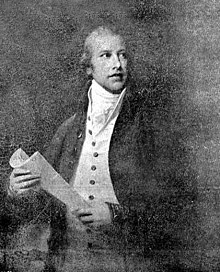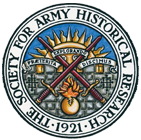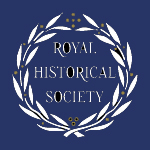The secret war against Napoleon.

An Aliens Act – which included the setting up of an Alien Office as a sub-department of the Home Office – was passed by Parliament in 1793 in response to the turmoil caused by the French revolutionary wars when the Government in London feared that Napoleon’s revolutionary ideas were crossing the English Channel and increasing evidence that its supporters were fomenting unrest throughout the country.
The Act authorised the Government to establish an Alien Office that would be responsible for keeping watch on all Ports of Entry around the coasts of Britain; for its agents to open letters from abroad; to trace, arrest and, if necessary, to deport undesirables, exercising the Crown’s Power of Deportation under the Act, and to control foreigners and the increasing number of refugees coming into London. The Alien Office had a wide brief to identify anyone planning to disrupt the King’s peace and its work was soon extended to include both domestic and foreign intelligence and espionage.
The Post Office
The Alien Office had form. It was the inheritor of Queen Elizabeth I’s espionage service led by her spy-in-chief, Francis Walsingham who had established a secret service in the 1570s as the country faced Roman Catholic dissent and the threat of invasion from Spain.
During the English Civil War (1642-1651) Protector Cromwell had founded The Post Office in 1637 and its first Postmaster-General, John Thurloe, was also his chief spymaster. The service was initially used for intelligence purposes that enabled Cromwell to intercept correspondence about Royalist intentions. After the Restoration of the Monarchy in 1660, the Crown used the same methods during the Jacobite uprisings of 1715 and 1745 to keep themselves informed of events throughout the Kingdom.
Thurloe also created a code-breaking service at Post Office headquarters in Lombard Street that was managed by John Wallis a distinguished Cambridge mathematician and inventor of the sign for infinity.
The Post Office’s Secret Office
The service employed seven well paid staff recruited from Oxford and Cambridge who lived on the premises and whose official titles were the First to Seventh Decipherers. The office became known as the Post Office’s Secret Office and enjoyed the same status as the Foreign Office’s Inner Office which handled the Government’s diplomatic correspondence from its ambassadors and agents abroad. Suspect letters were opened and coded messages deciphered before being forwarded to their original addresses.
The Alien Office’s first Superintendent of Aliens was William Huskisson who went on to become Under Secretary for War and was succeeded by William Wickham in 1794. Both of these men were members of a powerful network of leading Whig politicians who had known each other since boyhood at Eton or Winchester and later at Christ Church, Oxford. The group included Henry Dundas, Home Secretary, William Pitt, Prime Minister and Wynham Grenville who became briefly Prime Minister of All The Talents after Pitt’s death.

